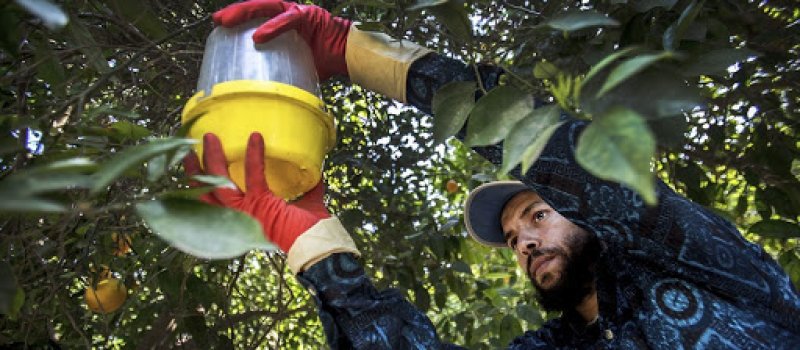Biologicals are tools for the sustainable agriculture of the future… Biologicals are a class of agricultural products that include biopesticides, biofertilizers, and biostimulants that are derived from natural materials, such as animals, plants, bacteria, or minerals.
…
Biopesticides have many advantages over chemical pesticides. For farmers, biopesticides are attractive because they facilitate integrated pest management (IPM) and protect beneficial organisms, including pollinators.
They are also an important tool for resistance management, offer advantageous labor and harvest flexibility, and have very low toxicity. For consumers, biopesticides reduce the risk of residue issues, satisfy the public demand for a more favorable ecological footprint.
In light of the extensive benefits of biopesticides, why have these products not already surpassed chemical pesticides in market share? Despite recent progress, biopesticides face several major challenges, including lower efficacy and a lack of suitable application technologies.
…
[Everyone will] benefit from this revolution: Consumers will be assured that their food is grown safely and sustainably; farmers will have new tools for regenerative agriculture and a new income stream from sustainable services such as carbon sequestration as a means to combat climate change; and the industry will enjoy a large new market, which will guarantee a sustainable pipeline of future biologicals.






























